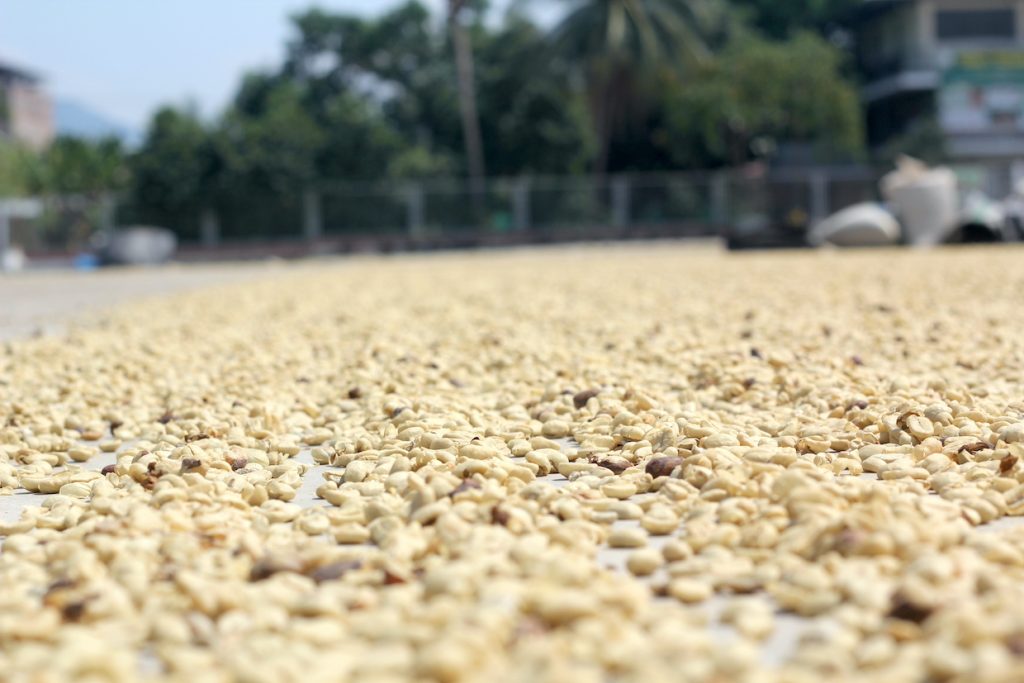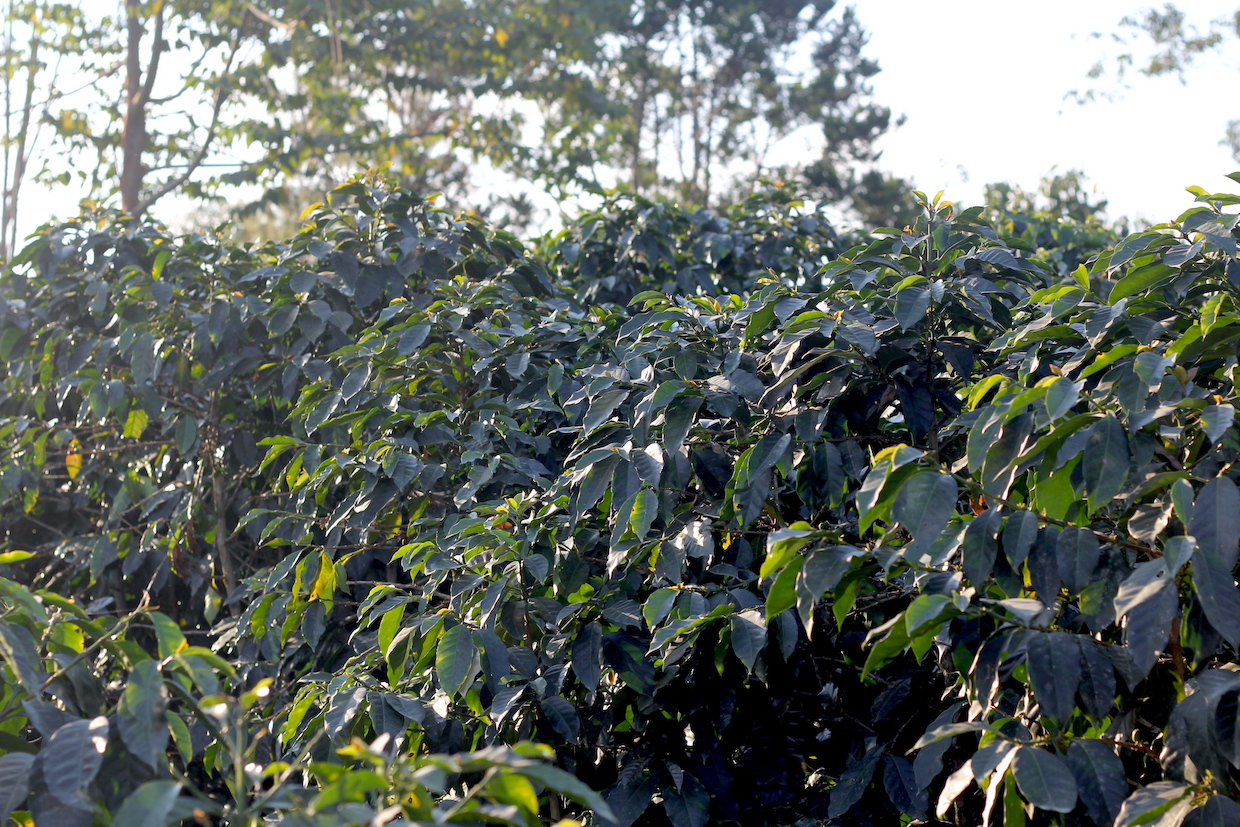This impact story was originally published by Daily Coffee News here.
Coffee production is estimated to drive around 100,000 hectares of deforestation globally every year.
This is significant — particularly for the montane forests of Latin America, Africa, and Asia — even if it is about one fifth the deforestation impact of palm oil production and about one twentieth of the impact of beef production.
Nevertheless, the impact of the EU deforestation free regulation (EUDR) on coffee farmers is likely to be many times bigger than it is on producers of palm or beef. That’s because coffee is largely produced by smallholders, meaning millions of small farms will have to be mapped, as opposed to merely thousands of plantations and large farms.
Because polygon mapping comes with costs, which are larger relative to production income for small farmers, the EUDR will likely favor larger farm sizes and better-organized small-holder production origins above those with small farm sizes and low access to verification and data services.

The EU imports around 50% of the world’s coffee beans, so about half of all smallholder farms — more than 6 million farms — will have to have their boundaries mapped in order to export to the EU. The GPS data from each of those farms then has to be aligned with maps that show forest cover on December 31, 2020, and verified as not connected to forest loss.
This is a gargantuan data collection and alignment exercise, and unsurprisingly no country or company is yet ready. However, there are many who are planning ahead for the deadline in 18 months, and it is already possible to predict several effects on production markets, as well as some of the likely solutions for the sector:
Brazil wins more coffee sales in the short term
The biggest producer has good land title data, polygon data and forest monitoring data, with much of it already digitized. It will probably increase its sales to Europe, if production allows.
Countries dependent on Robusta exports are gearing up fastest
The Vietnamese and Ugandan governments are both being proactive and positive about the EUDR. This is wise because they are in the mass Robusta markets and are highly dependent on exports to Europe for their balance of trade. Ten coffee companies are supporting three rapid EUDR pilots that IDH is conducting in the Central Highlands of Vietnam with the support of the government. It should provide early insights on the costs of compliance for both certified and non-certified farmers, as well as speeding up the development of a national database.
Guatemala and Peru face big risks
Both countries are top 10 coffee exporters to the EU, but Rainforest Alliance country reports link their production directly to deforestation. It means they don’t just face a traceability challenge; they also need to avoid being classified as high-risk countries by taking action to bring forest clearance under control.
Risks for Ethiopia
The genetic home of coffee is also the most economically dependent on coffee, which accounts for approximately one fifth of export earnings. Adding to Ethiopia’s already opaque coffee market is a lack of clarity on how the country’s famous forest and garden coffee systems will fare under satellite monitoring that struggles to distinguish between agroforestry trees replaced and forest trees cleared.
Companies that have invested in traceability have a head start
Companies like Nestle and Ecom, with existing No deforestation policies (NDPE), have already invested a lot in traceability and mapping of indirect and direct suppliers. Thus, they should be able to meet EUDR requirements ahead of producer governments being ready to roll out single national traceability systems.
Companies invested in landscape initiatives can expect to adapt fastest
Whether it’s developing new traceability approaches with middlemen, comparing costs or aligning with local authorities on land titling, landscape agreements speed things up because they bring all the key players together to pursue common goals. At IDH, that means coffee-dominated landscapes in the central highlands of Vietnam and in Huila, Colombia, will be the first places we expect to be able to share learning with the sector.
Companies that only focus on their own systems could also waste a lot of time and money
There is a lot of churn in supply as farmers and producers seek the best prices, so the costs of traceability are recurring and complex. Thus, organizations should work with their peers to establish data norms and interoperability to maximize efficiency. Unless there is a transition period for implementation, there will be a high risk of fraudulent data being provided to companies, since the pressure to comply will lead to corners being cut.
The price of traceability will come down faster with coordinated action
There are lots of systems being sold to companies at high prices, and with duplication of effort, but data is not fundamentally expensive if governments can set the rules of interoperability, privacy and sharing clearly.
The stakes are particularly high for millions of smallholders dependent on coffee as their main source of income. With less than 80 weeks to go before the EUDR comes into force it’s time for a laser focus on the practicalities, costs and smallholder accessibility of traceability systems.
[Editor’s note: This column references the new EU Regulation for Deforestation-Free Supply Chains. The law took effect on June 29, and supply chain actors were given 18 months to come into compliance. Daily Coffee News does not engage in sponsored content of any kind, and all views or opinions expressed in this piece are those of the author/s.]
